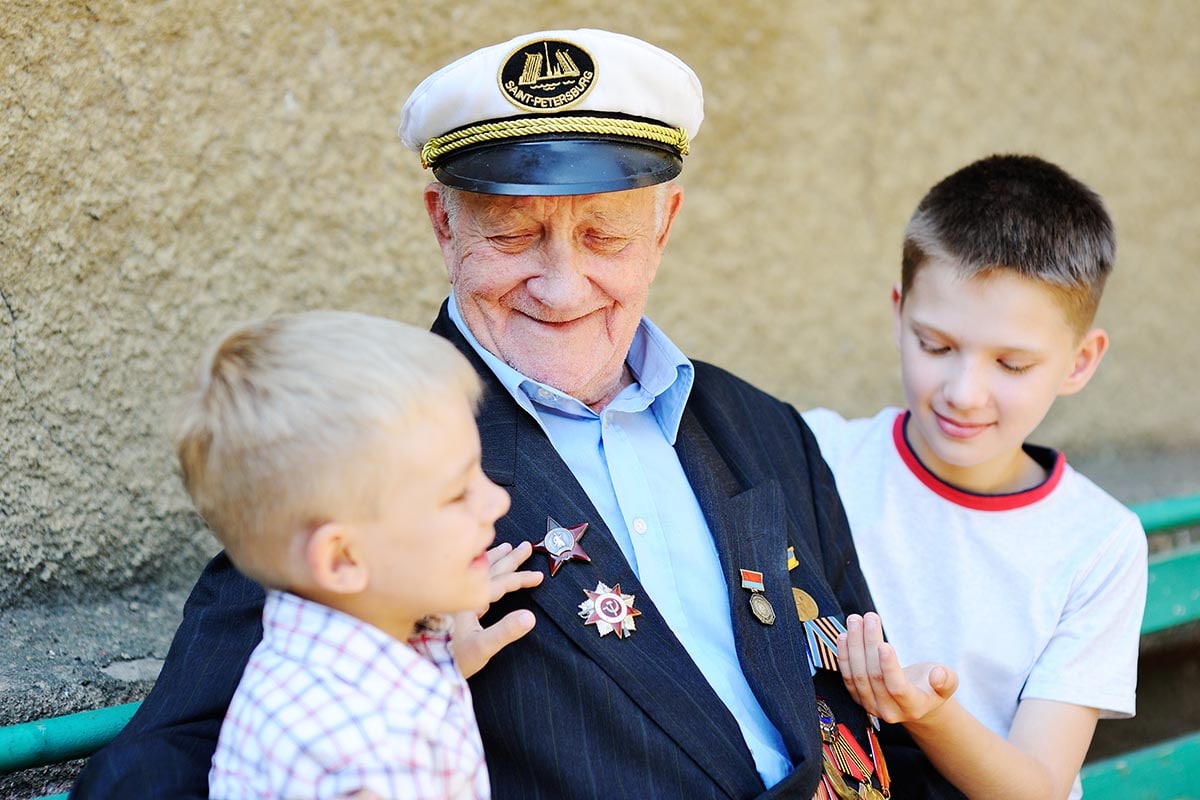
When a grandparent is diagnosed with dementia, the entire family is affected, including young children. Many parents struggle with how much to share and how to explain the changes their child may notice. Helping children understand dementia in an age-appropriate manner can reduce fear, encourage empathy and foster meaningful connections, even as the disease progresses.
Dementia is a condition that affects memory, thinking and daily functioning. It is often progressive, meaning symptoms worsen over time. For children, witnessing a grandparent forget names, repeat themselves, or exhibit unusual behavior can be confusing. Addressing their concerns early can help them process the experience in a healthy way.
Using simple and honest language is key. For younger children, explanations should be clear and reassuring, such as, “Grandma’s brain isn’t working as well as it used to, so she sometimes forgets things.” Older children and teens may need more detailed discussions, including how dementia affects the brain and why it causes personality changes.
Encouraging questions allows children to express concerns rather than keeping them bottled up. They may wonder why a grandparent keeps asking the same question or whether the disease is contagious. Answering these questions with patience reassures them that dementia is a medical condition, not something they caused or can catch.
Even as dementia progresses, children can continue to have meaningful interactions with their grandparents. Activities that rely on emotions rather than memory often bring the most joy. Looking through old photo albums together, listening to familiar music, or engaging in simple games can help preserve connections.
It is also important to prepare children for changes they may see. A grandparent might struggle to remember their name, become easily confused, or express frustration. Letting children know these behaviors are part of the disease, not a reflection of their relationship, can ease anxiety.
Watching a grandparent decline can be difficult for children, and they may struggle with sadness, frustration, or even fear. Parents can help by encouraging open conversations and normalizing their feelings. Reading books about dementia together, sharing personal memories and reassuring children that their grandparent still loves them can provide comfort.
If a child is struggling, support groups for children of dementia patients or school counselors may offer additional guidance. The goal is to help them feel secure in their emotions, while continuing to share meaningful moments with their grandparent.
References: AARP (Feb. 12, 2025) “How to Talk to Your Grandkids About Dementia”, Alzheimer’s Association “Talking to Kids About Alzheimer’s and Dementia” and Alzheimer’s Association "What Is Dementia?"
Free E-Newsletter – Subscribe Now
